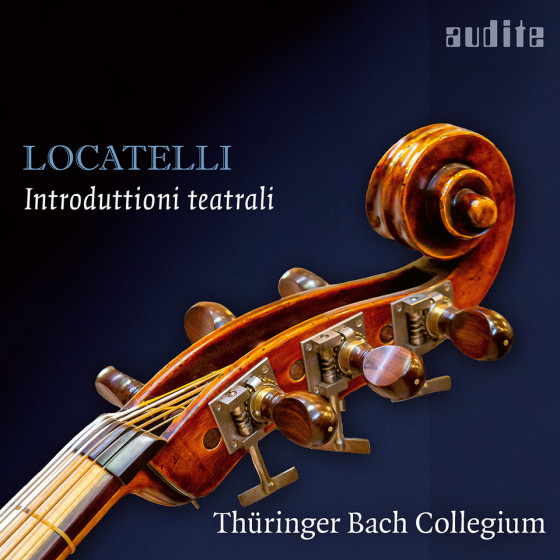
(謝罪。 このコンテンツは他の言語でのみ利用可能です。)

(謝罪。 このコンテンツは他の言語でのみ利用可能です。)
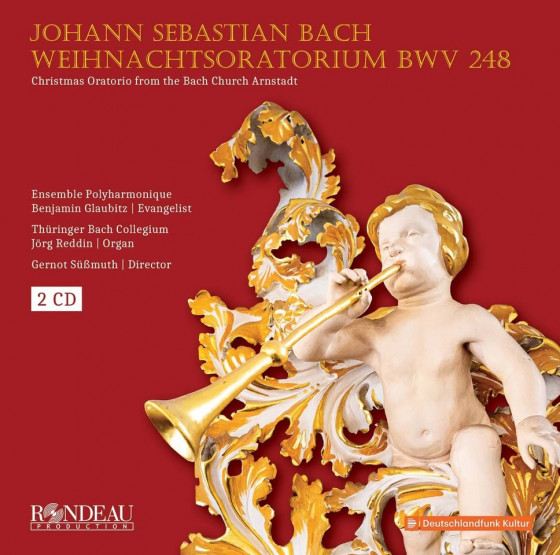
(謝罪。 このコンテンツは他の言語でのみ利用可能です。)
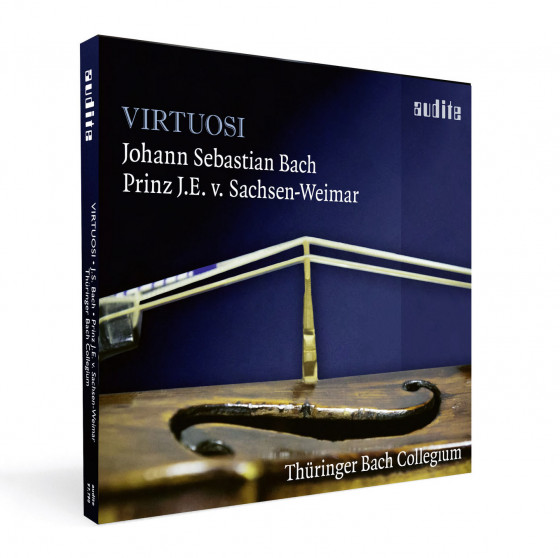
(謝罪。 このコンテンツは他の言語でのみ利用可能です。)
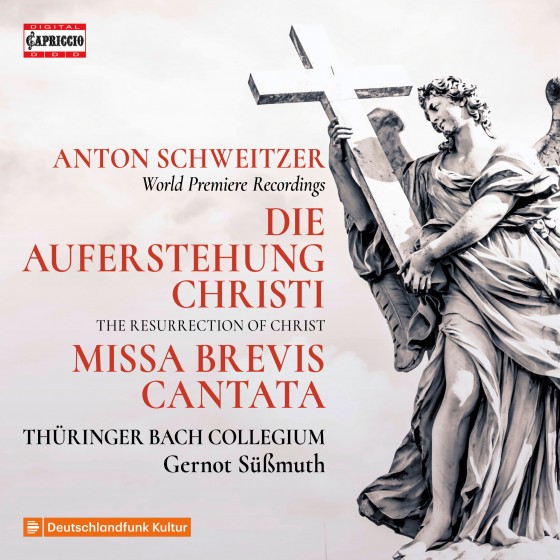
(謝罪。 このコンテンツは他の言語でのみ利用可能です。)
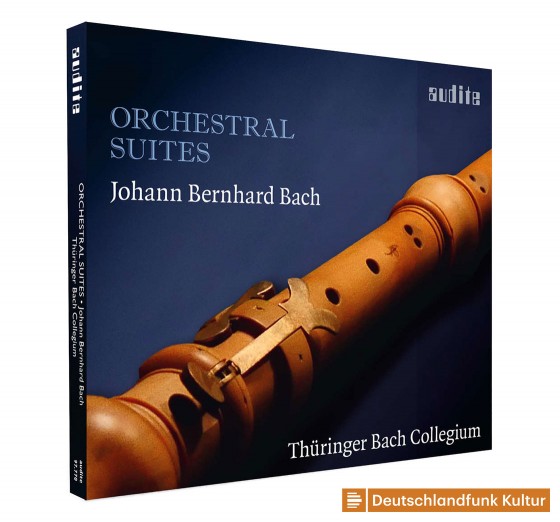
(謝罪。 このコンテンツは他の言語でのみ利用可能です。)
You can order this CD from Audite shortly.
Johann Bernhard Bach’s four Orchestral Suites, composed for the court orchestra of the cultured duke of Saxony-Eisenach, are amongst the most varied and sophisticated musical works of the high baroque period in Middle Germany. It was not by chance that Georg Philipp Telemann, a one-time Kapellmeister at Eisenach, commented retrospectively: »I have to praise this orchestra, arranged for the most part according to the French style, for it surpassed the very famous Parisian opera orchestra.« From 1703, Bernard Bach was engaged as harpsichordist in this noble orchestra. His Orchestral Suites provide the only surviving »soundtrack« of the illustrious musical life at the Eisenach court during the 1710s and 20s. And what a soundtrack: cosmopolitan, and truly European, with sparkling virtuosic brilliance, as if written by a fiery Italian, whilst displaying the elegant taste of a noble Frenchman. In other words, the »mixed taste«, for which the best German composers of the late baroque period were famous, in its finest form. Little wonder then that Bernhard Bach’s suites became core repertoire for Johann Sebastian Bach’s Leipzig Collegium Musicum, also influencing his compositions.
All this provides sufficient motivation for the Thuringian Bach Collegium to continue their exploration through the Middle German courts for their second CD recording and, with unbridled enthusiasm in their music-making, to bring these jewels of the early Thuringian orchestral music back to life. Bon Appétit!

(謝罪。 このコンテンツは他の言語でのみ利用可能です。)
You can order this CD of all concertos from Audite:
This release is the debut recording of the Thüringer Bach Collegium and marks the beginning of its co-operation with audite.
Prince Johann Ernst IV of Sachsen-Weimar (1696–1715) was taught by Johann Gottfried Walther; Johann Sebastian Bach also perused the young prince’s compositions and arranged some of Johann Ernst’s concertos for keyboard instruments for his own use. Georg Philipp Telemann put the finishing touches to the violin concertos. The results are unmistakeably Italianate: at times brilliantly virtuosic, at other times contemplative and lyrical – composed by the »Thuringian Vivaldi« who died far too early.
»This pioneering recording revives a central chapter of Weimar’s musical history, in which the works of the court composer Johann Sebastian Bach also had their place.«
(Presto Classical)
The Thüringer Bach Collegium, directed by Gernot Süßmuth, have recorded the six violin concertos by Prince Johann Ernst – as posthumously published in 1718 by Telemann – with exuberant enthusiasm. These works are combined with two further concertos whose original Weimar court orchestra parts survived: a concerto for trumpet and orchestra as well as a concerto for two violins which survived as an adaptation by J. S. Bach and was »arranged back«.
This pioneering recording revives a central chapter of Weimar’s musical history, in which the works of the court composer Johann Sebastian Bach also had their place. The prince’s concertos were written at the same time as Bach’s Weimar cantatas and provide, as no other body of works, the »soundtrack« to the dynamic musical life in the palace. The musical perspective was a European one: in 1713 a veritable »Vivaldimania« broke out, the Venetian composer’s works being arranged, imitated and emulated. This can be experienced in the prince’s concertos, written in the finest Vivaldian style.
»This is an exceptional recording of some exceptional music. (…) The ensemble delivers this music with all the energy and enthusiasm one imagines a teenager would invest in his work (…)«
(WTJU91.1FM, Ralph Graves)